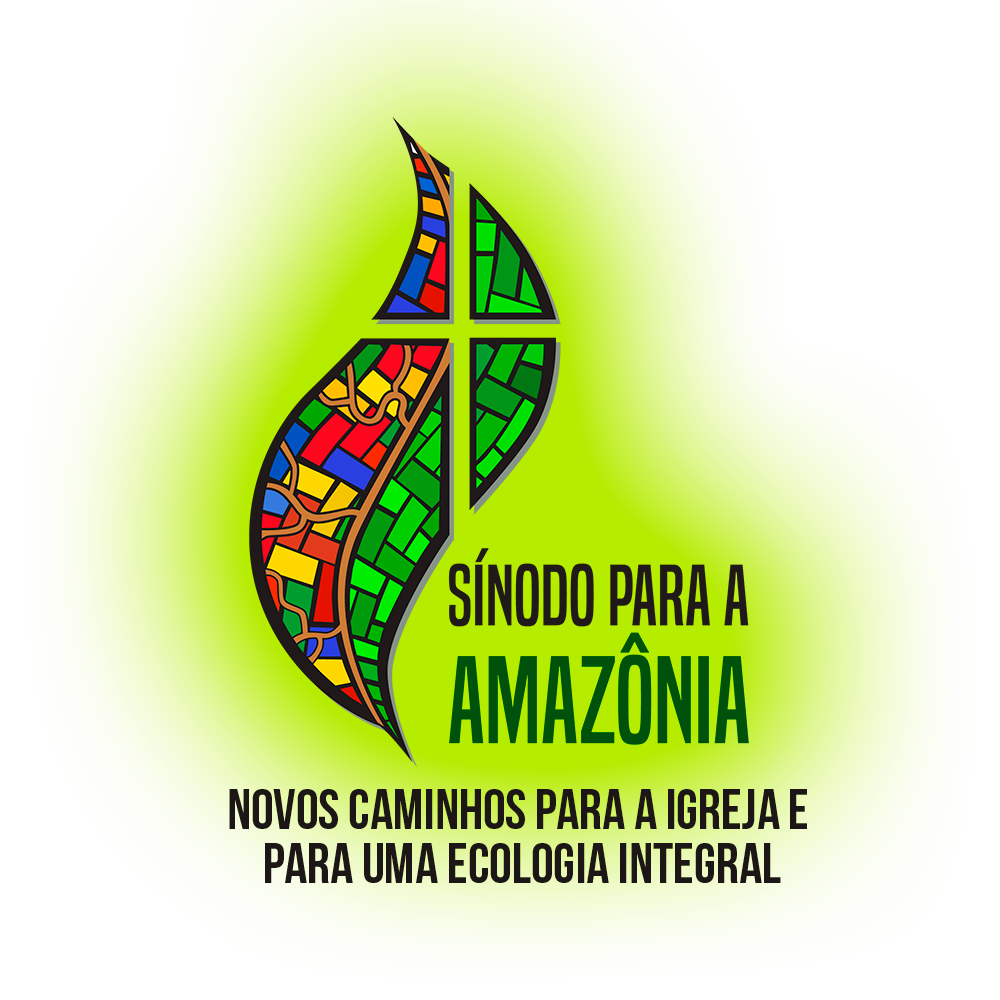 Laudato Si’ is in continuity with a great deal of good work that has taken place in fields dealing with ecology, sustainability, eco-spirituality, and the integrity of creation. The encyclical makes reference to many important voices, and significantly leaves aside others, in the conversation about the current ecological crisis, global poverty, and sustainability. It situates conversations about ecology within important discussions about morality, justice, poverty, technology, and globalization. By articulating an integral ecology from below, it challenges everyone to a new level of co-responsibility. The document invites all people into a conversation about “our common home,” a term that the pope repeatedly uses in referring to this planet we share. “Our common home” is a term that points to the deep unity of all creation, and the important connection that we all share as part of the natural community.
Laudato Si’ is in continuity with a great deal of good work that has taken place in fields dealing with ecology, sustainability, eco-spirituality, and the integrity of creation. The encyclical makes reference to many important voices, and significantly leaves aside others, in the conversation about the current ecological crisis, global poverty, and sustainability. It situates conversations about ecology within important discussions about morality, justice, poverty, technology, and globalization. By articulating an integral ecology from below, it challenges everyone to a new level of co-responsibility. The document invites all people into a conversation about “our common home,” a term that the pope repeatedly uses in referring to this planet we share. “Our common home” is a term that points to the deep unity of all creation, and the important connection that we all share as part of the natural community.We all make simple daily choices regarding food, energy, transportation, and consumption. Each of these choices affects the world we live in, and hence each choice affects each of our brothers and sisters. The cumulative effect of our choices, whether for good or for ill, impacts every living thing on earth. Environmental degradation disproportionately impacts the poorest and weakest in the human community and in all other communities of plants and animals.
While it does a great deal to bring care of creation into the mainstream of Catholic social teaching, Laudato Si’ is not without its faults and its critics. While it represents a step forward, it also has flaws that exemplify some of the challenges we face today with regard to gender issues in the church and in sustainable development. The Amazon Synod seeks "new paths for the church and for an integral ecology" and there is some hope that gender issues are beginning to be raised in the conversation.